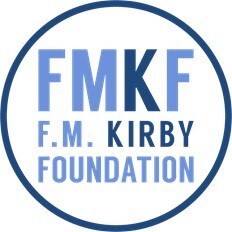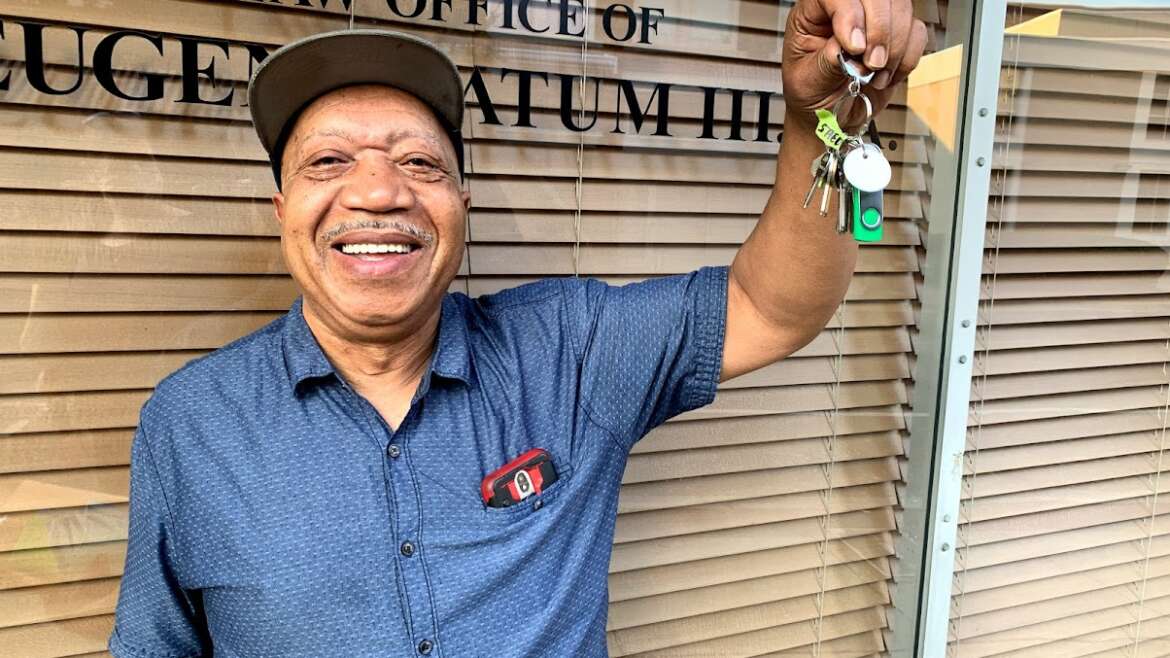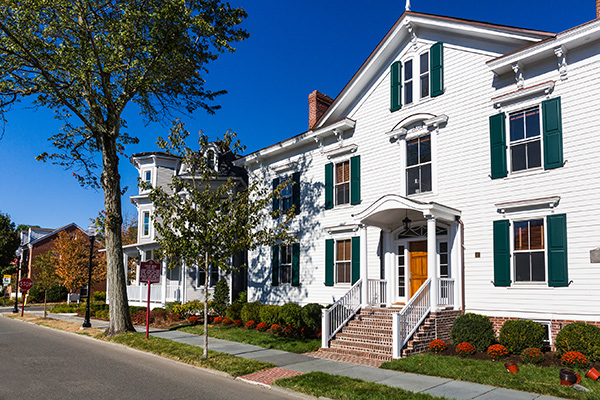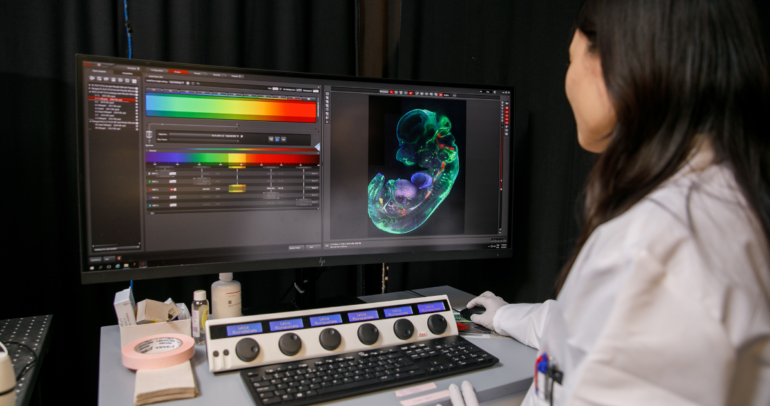The F.M. Kirby Foundation is pleased to celebrate 5 years of continuous partnership with Habitat for Humanity Durham. Part of a global, nonprofit housing organization founded with Christian values, Habitat for Humanity Durham seeks to put God’s love into action and bring people together to build homes, communities, and hope. Since being founded in 1985 by Durham Congregations in Action, this organization has helped more than 500 families achieve their homeownership goals. Through their homeownership program, first-time home buyers are offered zero-interest mortgage rates, financial literacy classes and support to ensure a successful home purchase if they complete 250 hours of “sweat equity” volunteer hours. Similarly, their Critical Repairs program is intended to help non-Habitat Durham homeowners with limited income correct substandard housing conditions, such as roofing and electrical repairs, to protect the area’s affordable housing stock and allow residents to age in place with dignity.
As a volunteer-driven organization, Habitat for Humanity Durham relies on donated time and services to help families achieve the dream of homeownership. Construction is the most popular; however, volunteers can also participate in the critical home preservation projects as well as assist at the Durham ReStore. Furthermore, Women Build is a Habitat for Humanity International program to build homes that are funded and constructed by women, ultimately empowering them to take on leadership roles in construction and learn new skills while building a home.
Historical, structural, and institutional obstacles have prevented disadvantaged communities from becoming homeowners. In 2021, Habitat for Humanity Durham constructed 21 new homes, thus enabling new homeowners to accrue $2.3 million in equity and attain the once hard-to-reach goal of homeownership. Habitat for Humanity Durham recognizes how housing inequality affects health and education and is working to address these inequities so that individuals of all socioeconomic backgrounds have equal access to a safe and affordable living space.



